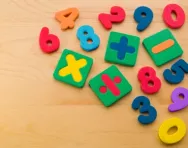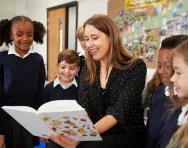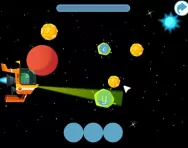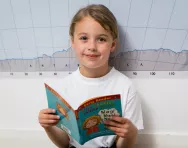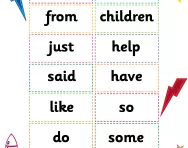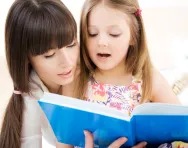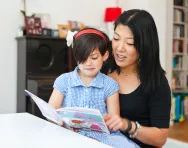Important update from TheSchoolRun
For the past 13 years, TheSchoolRun has been run by a small team of mums working from home, dedicated to providing quality educational resources to primary school parents. Unfortunately, rising supplier costs and falling revenue have made it impossible for us to continue operating, and we’ve had to make the difficult decision to close. The good news: We’ve arranged for another educational provider to take over many of our resources. These will be hosted on a new portal, where the content will be updated and expanded to support your child’s learning.
What this means for subscribers:
- Your subscription is still active, and for now, you can keep using the website as normal — just log in with your usual details to access all our articles and resources*.
- In a few months, all resources will move to the new portal. You’ll continue to have access there until your subscription ends. We’ll send you full details nearer the time.
- As a thank you for your support, we’ll also be sending you 16 primary school eBooks (worth £108.84) to download and keep.
A few changes to be aware of:
- The Learning Journey weekly email has ended, but your child’s plan will still be updated on your dashboard each Monday. Just log in to see the recommended worksheets.
- The 11+ weekly emails have now ended. We sent you all the remaining emails in the series at the end of March — please check your inbox (and spam folder) if you haven’t seen them. You can also follow the full programme here: 11+ Learning Journey.
If you have any questions, please contact us at [email protected]. Thank you for being part of our journey it’s been a privilege to support your family’s learning.
*If you need to reset your password, it will still work as usual. Please check your spam folder if the reset email doesn’t appear in your inbox.
Year 1 English: what your child learns
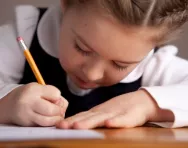
Literacy is a daily lesson, made up of three aspects:
- Reading
- Writing
- Speaking and listening
Reading in Year 1 – your child will:
- be able to use their phonic knowledge to read words
- know all the 40+ phonemes (sounds) and know which letters or groups of letters correspond to them
- read words with -s, -es, -ing, -ed, -er and -est endings
- read a range of poems, stories and non-fiction
- be able to re-tell stories that they know
- correct their own inaccurate reading
Children should be allowed to choose a book at school to take home with them to read. You may be given an exercise book to write your comments in when you read with them. Children will also read with their teacher in groups once a week (this is called guided reading).
Try this at home:
- Visit your local library and let your child choose their own books
- Read regularly to your child – even if they’re a fluent reader, they will still enjoy it
- If your child is not keen on stories, try fact-based non-fiction books or a comic to spark their interest
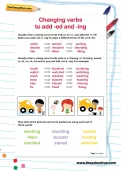
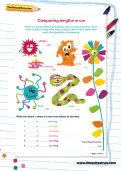
Start the Year 1 Learning Programme!
- Weekly maths & English worksheets
- Follows the National Curriculum
- Keeps your child's learning on track
Writing in Year 1 – your child will learn:
- learn to spell words containing each of the 40+ phonemes already taught (read our parents' guide to Year 1 spelling for a more detailed explanation)
- learn to write the days of the week
- learn to add suffixes, word endings (such as -s, -es, -ing, -ed, -er and -est) and also learn about the prefix un-
- form all lower case and upper case letters, plus the digits 0 to 9
- join clauses in a sentence using the word 'and'
- punctuate sentences using capitals, full stops, question marks and exclamation marks
- sequence stories to form short narratives
- discuss what they have written with others
Try this at home:
- Give your child plenty of opportunities to draw and write with a range of materials
- Ask your child to help you write a shopping list and then look for the items when they get to the shop
- Encourage them to write to people as much as possible: Christmas cards, birthday invitations, thank you letters and postcards are a great way of giving them a real purpose for writing
Revise what your child is learning with some at-home practice: look through our Year 1 English worksheets to find a good activity to download and complete at home. Phonics is still a big part of literacy in Year 1, so make regular phonics practice part of your after-school routine.
Check your Y1 child's progress in English with our free Y1 English Progress checks, three mini-tests for autumn, spring and summer term.
Browse the Year 1 English and Maths Learning Journey programmes.

